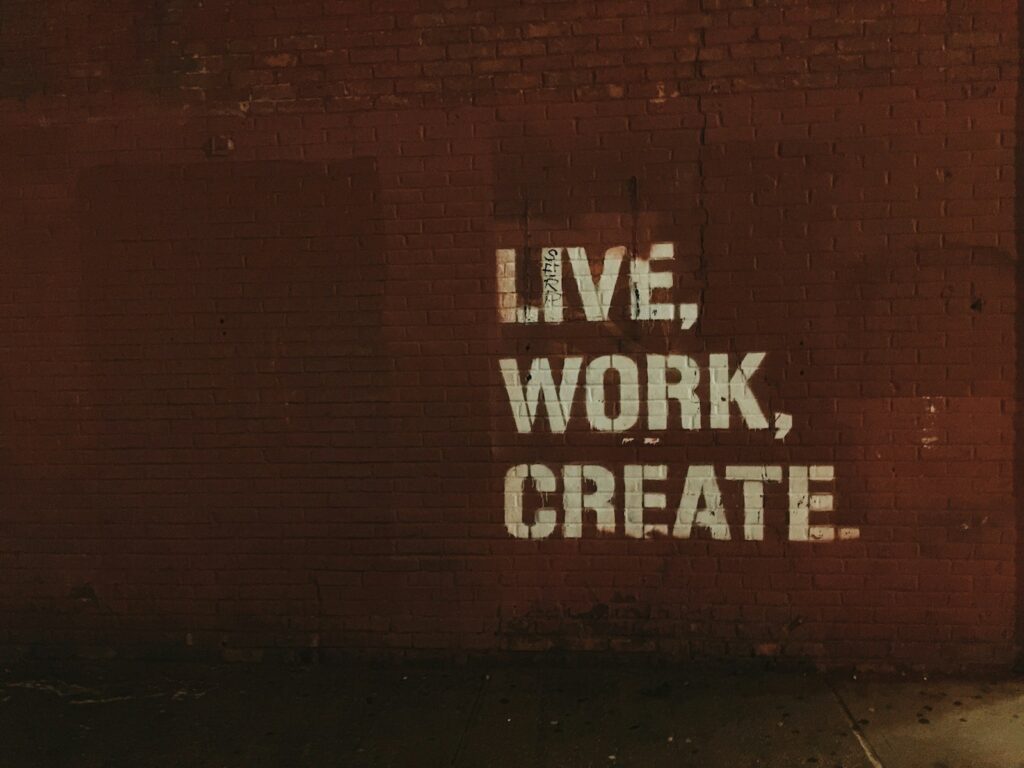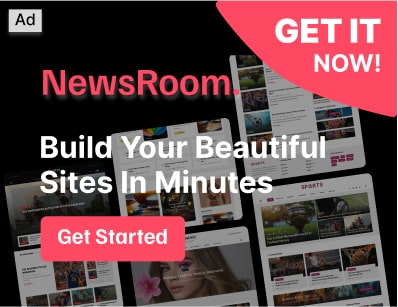Q: What is Work-Life Balance specifically for marketers, and why is it so important in this field?
A: For marketers, Work-Life Balance (WLB) isn’t just about dividing hours equally between work and personal life; it’s about achieving a sense of fulfillment and managing energy across all aspects of life without one significantly detracting from the other. In marketing, this often means effectively managing high-pressure campaigns, the “always-on” nature of social media, rapid technological changes, client demands, and data-driven performance expectations, all while preserving time and energy for personal well-being, relationships, and hobbies.
WLB is crucial for marketers because the field demands high levels of creativity, strategic thinking, and continuous learning. Chronic overwork and stress lead to burnout, which severely diminishes these core abilities, resulting in reduced innovation, poor decision-making, decreased productivity, and a decline in mental and physical health. A balanced marketer is more engaged, resilient, and effective, capable of sustained high performance and adapting to an ever-evolving landscape.
Q: What are the biggest challenges marketers face in achieving good Work-Life Balance?
A: Marketers encounter several unique challenges that make achieving WLB particularly difficult:
- “Always-On” Culture: Social media monitoring, real-time campaign adjustments, and global client bases often mean work can extend far beyond traditional hours, blurring the lines between personal and professional life.
- Tight Deadlines and Campaigns: Marketing is project-driven with often aggressive timelines for campaigns, product launches, or content creation, leading to periods of intense work and pressure.
- Client Demands & Expectations: Agencies, in particular, often face demanding clients who expect immediate responses and quick turnarounds, making it hard to set boundaries.
- Performance Pressure: The focus on measurable ROI, conversions, and engagement metrics creates constant pressure to perform, innovate, and continuously optimize.
- Rapid Industry Changes: Marketers must constantly learn new tools, platforms, algorithms, and strategies to stay competitive, requiring ongoing professional development that often encroaches on personal time.
- Blurred Lines with Personal Tech: The tools used for work (laptops, smartphones, social media) are often also personal devices, making it harder to disconnect mentally and physically.
Q: What practical strategies can individual marketers implement to improve their Work-Life Balance?
A: Individual marketers can adopt several actionable strategies to take control of their WLB:
- Set Clear Boundaries: Define specific start and end times for your workday. Communicate these boundaries to colleagues and clients, and stick to them. Avoid checking emails or messages after hours unless absolutely critical.
- Time Blocking & Prioritization: Use your calendar to block out time for focused work, breaks, and even personal appointments. Prioritize tasks using methods like the Eisenhower Matrix (Urgent/Important) to focus on high-impact activities and delegate or defer less critical ones.
- Leverage Automation & Tools: Utilize marketing automation platforms (e.g., for social media scheduling, email campaigns), project management tools (Asana, Trello), and AI assistants to streamline repetitive tasks, freeing up your time for strategic work.
- Delegate Effectively: If you manage a team, empower them by delegating tasks. Provide clear instructions and support, but trust them to execute, reducing your personal workload.
- Schedule Regular Breaks & Disconnect: Make time for short breaks throughout the day to step away from your screen. Crucially, schedule genuine downtime and digital detox periods – physically distance yourself from work devices.
- Develop a “Shut Down” Routine: Create a ritual to signify the end of your workday, such as tidying your desk, creating a to-do list for the next day, or a short walk. This helps your brain transition out of “work mode.”
- Invest in Self-Care: Prioritize sleep, nutrition, exercise, and hobbies. These aren’t luxuries but necessities that replenish your energy and creativity, making you a more effective marketer.
Q: How can marketing agencies or in-house departments support their teams’ Work-Life Balance?
A: Organizational support is paramount in fostering a culture that values WLB:
- Foster a Culture of Respect for Boundaries: Leadership should model and explicitly communicate the expectation that employees respect each other’s non-working hours. Discourage after-hours emails/calls unless truly urgent.
- Implement Flexible Work Arrangements: Offer options like hybrid work models, flextime, or compressed workweeks where feasible. This empowers employees to manage personal responsibilities more effectively.
- Manage Workload Effectively: Fairly distribute projects and responsibilities. Use project management tools to visualize workloads and prevent individuals from being overwhelmed. Provide resources for temporary support during peak times.
- Invest in Tools and Training: Equip your team with efficient marketing automation, project management software, and provide training to maximize their use, reducing manual effort and stress.
- Promote Mental Health & Well-being: Offer access to Employee Assistance Programs (EAPs), mental health resources, and encourage employees to take their full holiday allowance. Consider initiatives like “wellness days” or mindfulness programs.
- Lead by Example: Managers and leaders must demonstrate healthy WLB habits themselves. If leadership is consistently working late or on weekends, it sets an unspoken expectation for the team.
- Clear Communication of Expectations: Be transparent about project timelines and client expectations. Avoid last-minute, non-critical demands that disrupt personal time.
Q: How can marketers recognize the signs of burnout and actively prevent it?
A: Burnout is a state of emotional, physical, and mental exhaustion caused by prolonged or excessive stress. It’s particularly prevalent in demanding fields like marketing. Recognizing its signs early is key to prevention:
Signs of Burnout:
- Emotional Exhaustion: Feeling drained, fatigued, and lacking energy almost constantly.
- Cynicism & Detachment: Developing a negative or indifferent attitude towards work, colleagues, or clients. Feeling disengaged.
- Reduced Efficacy: A decline in performance, feeling less capable, productive, and creative, despite putting in effort.
- Physical Symptoms: Frequent headaches, digestive issues, sleep disturbances, increased susceptibility to illness.
- Irritability & Anxiety: Short temper, increased anxiety, or feelings of hopelessness about work.
- Loss of Enjoyment: Lack of interest in activities you once enjoyed, both at work and in personal life.
Prevention Strategies:
- Regular Self-Assessment: Periodically check in with yourself. How do you feel physically and mentally? Are you still finding joy in your work?
- Prioritize Downtime: Actively schedule non-work activities, hobbies, and social engagements. These are not optional but essential for mental recovery.
- Take Breaks & Vacations: Utilize your holiday allowance. Stepping away completely helps to reset your perspective and recharge your batteries.
- Set Realistic Goals: Understand your capacity and avoid over-committing. Learn to say “no” or negotiate timelines when necessary.
- Seek Support: Talk to trusted colleagues, mentors, friends, or family about your feelings. If symptoms persist, consider professional help from a therapist or counselor.
- Practice Mindfulness & Stress Reduction: Techniques like meditation, deep breathing exercises, or simply taking a quiet walk can help manage stress levels.
- Cultivate a Hobby (or several): Engaging in activities completely unrelated to work helps create mental distance and provides a source of personal satisfaction.











